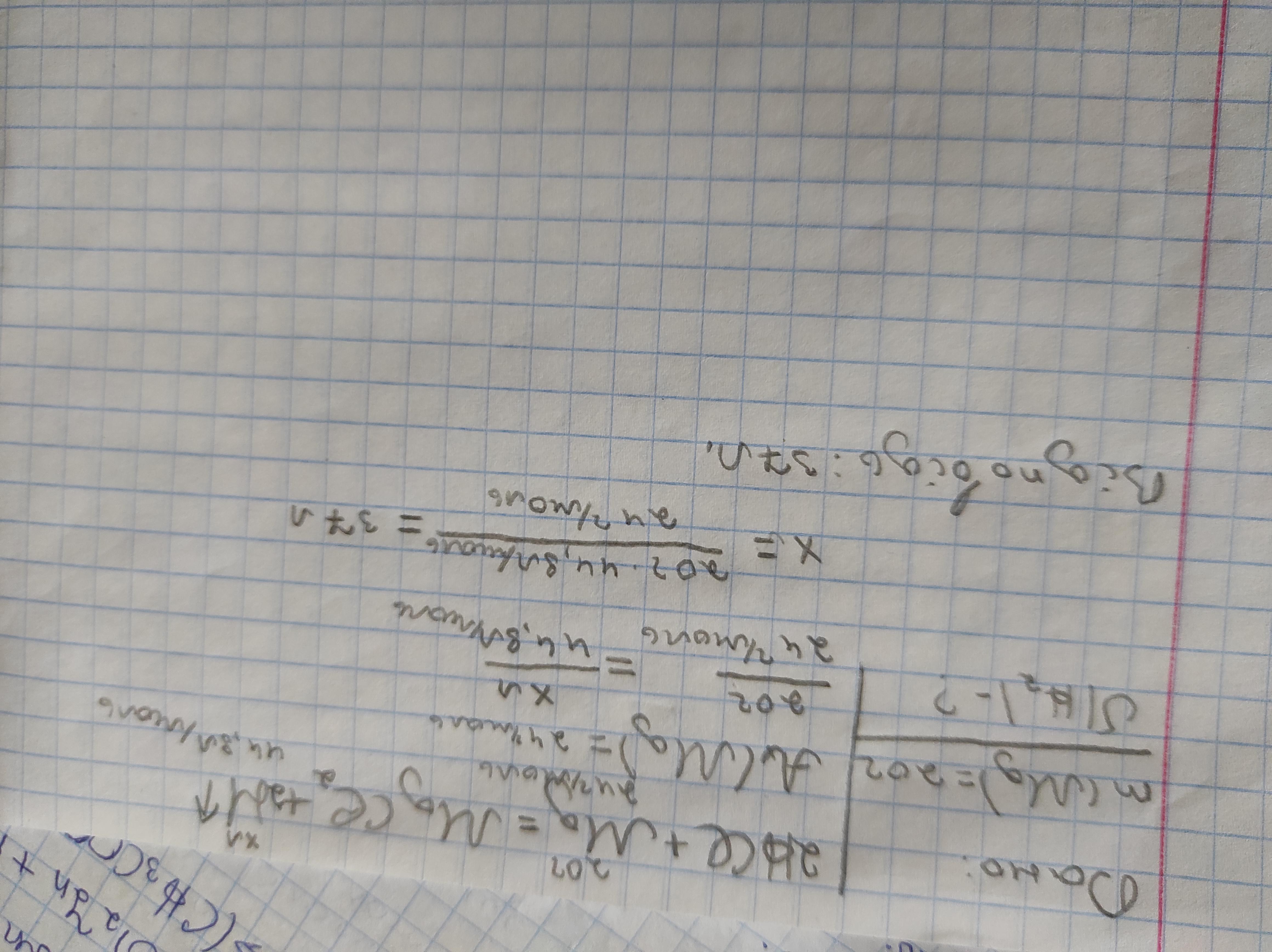Предмет: Химия,
автор: valeriast2007
20г магнію прорегувало з хлоридною кислотою знайти обєм водню щовиділився в результаті реакції
СРОЧНО ДАЮ 50 БАЛІВ!!!!
Ответы
Автор ответа:
1
Ответ: 37л
Объяснение:
Приложения:

Похожие вопросы
Предмет: Русский язык,
автор: природа19
Предмет: Русский язык,
автор: AnnaPetryakova
Предмет: Английский язык,
автор: street7020
Предмет: Геометрия,
автор: Дедулян
Предмет: География,
автор: dolcevico